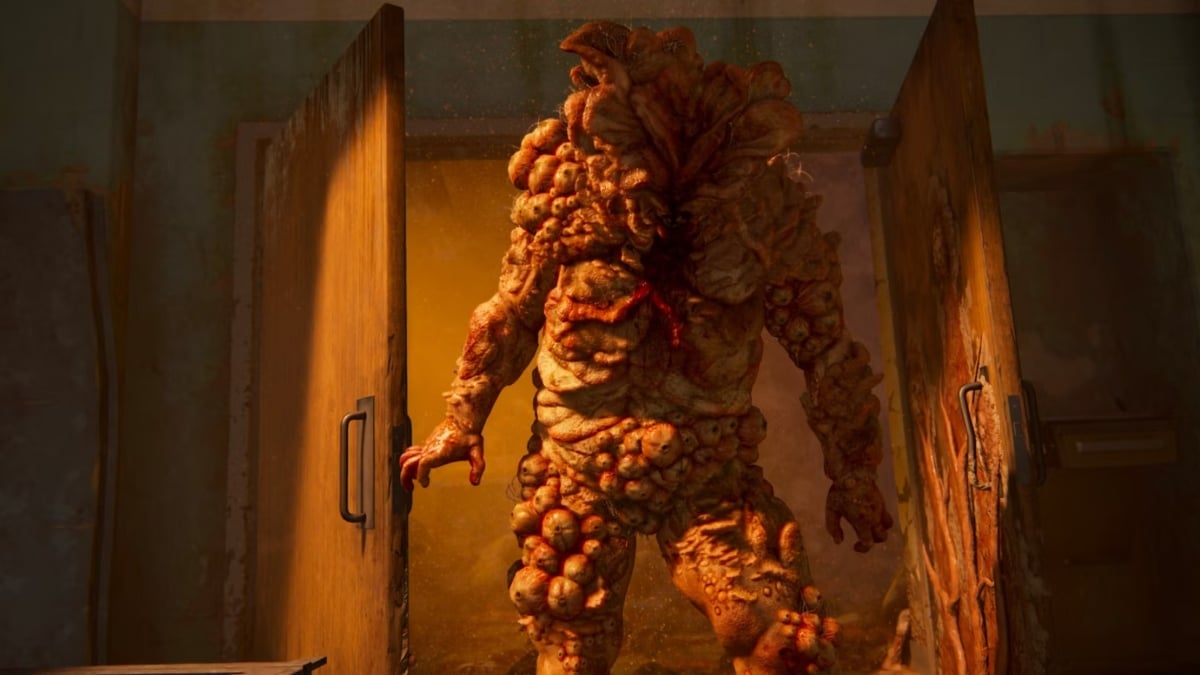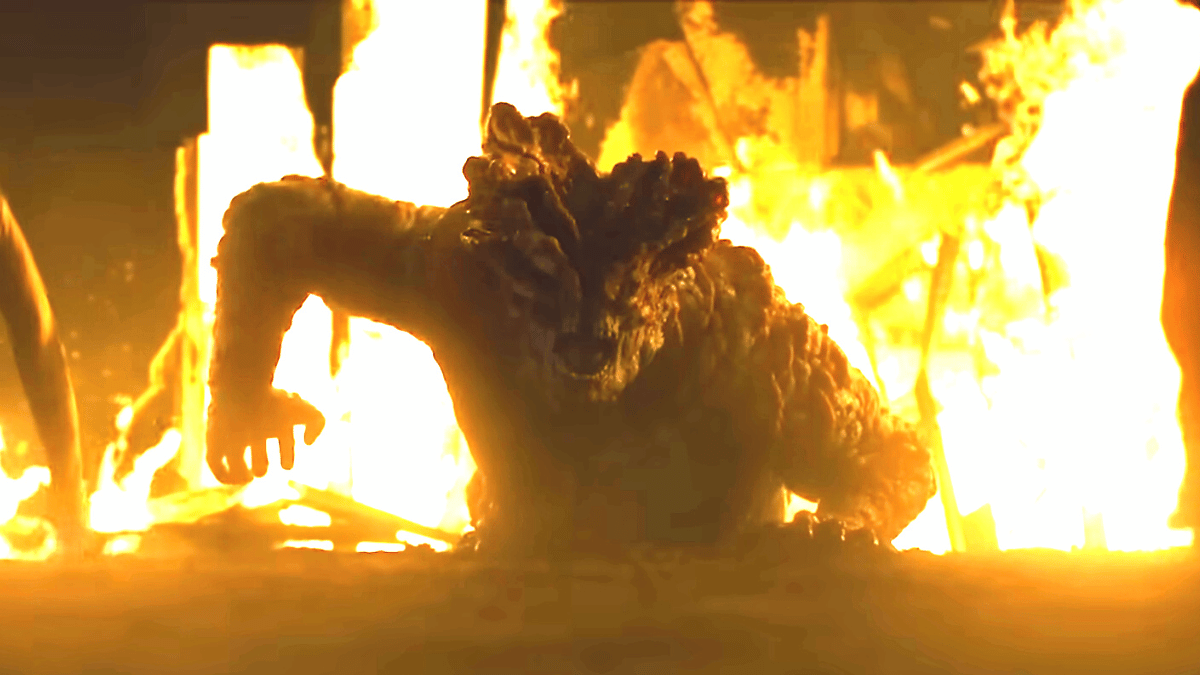Since The Last of Us first debuted on HBO five weeks ago, we’ve slowly been getting to know the nuances and characteristics of the cordyceps virus and how it affects its human hosts.
The most up-close-and-personal we got with cordyceps hosts was in episode two, aptly titled, “Infected.” It introduced us to hosts who have lived long enough for the cordyceps fungus to literally spring out of their heads and obscure their vision, and these terrifying beasts are called “clickers.”
In an explosive and meaty action sequence we were treated to in episode five, “Endure and Survive,” we were introduced to yet another variant of a host infected with the cordyceps virus – and we’re probably understating it when we say it is a BIG. BOY.
If you’re new to The Last of Us and don’t have any familiarity with the source material, you may be wondering what exactly these hellish and seemingly indestructible creatures are. Here’s everything you need to know about this gargantuan infected, which fans of the game already know as “bloaters.”
Bloaters in The Last of Us, explained

The cordyceps infection has a number of distinct stages, and bloaters are the most advanced of the lot after runners, stalkers, and clickers. Clickers have been entirely blinded by the cordyceps fungus encasing their heads and rely on echolocation to navigate. Bloaters take things one step further.
If a clicker survives for long enough, eventually its entire body becomes covered in cordyceps fungus, creating an extremely thick layer of armor. As demonstrated in “Endure and Survive,” coming face-to -ace with one of these almost guarantees certain death. Taking one of these down is a herculean task, but it is not impossible. It just requires a lot of heavy artillery.
There is one more and extremely rare stage of infection after a host becomes a bloater, but we doubt we’ll be seeing it on the HBO show, at least in the first season, if at all. That thing is NASTY.

